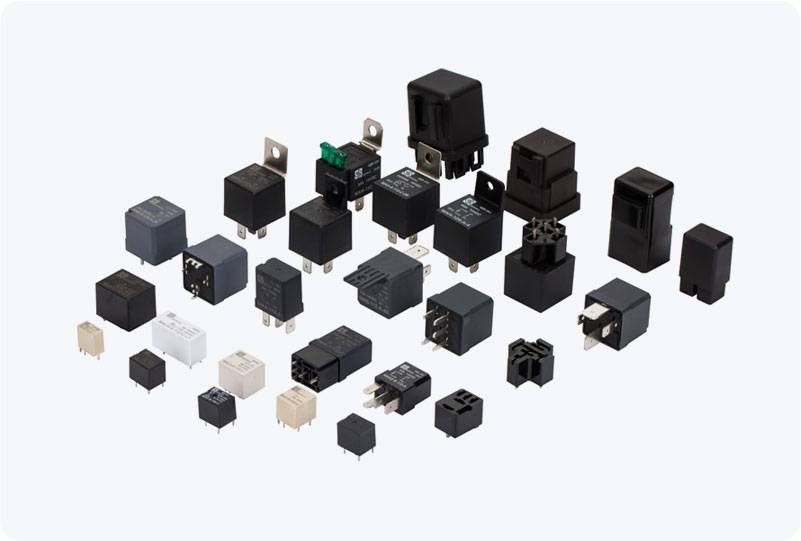understanding the importance and functionality of ground fault relay
Release time:2025-10-19 07:29:26
A Ground Fault Relay (GFR) is an essential electrical protection device designed to detect ground faults in electrical systems. These faults occur when an unintended path to the ground is established, which can lead to equipment damage, fire hazards, or even electric shock to humans. Ground faults are commonly caused by insulation failures, broken conductors, or moisture accumulation. Therefore, a ground fault relay plays a vital role in safeguarding both personnel and equipment by detecting and mitigating these faults promptly.

What is a Ground Fault Relay?
A ground fault relay is a protective device that monitors an electrical circuit for the presence of a ground fault. It works by sensing the difference between the current flowing into the circuit and the current returning. In a properly functioning system, these two currents should be equal. When a fault occurs, part of the current may flow to the ground, creating an imbalance. The GFR detects this discrepancy and activates the protection mechanism, which could include alarming the system or tripping the breaker to prevent further damage.
How Does a Ground Fault Relay Work?

